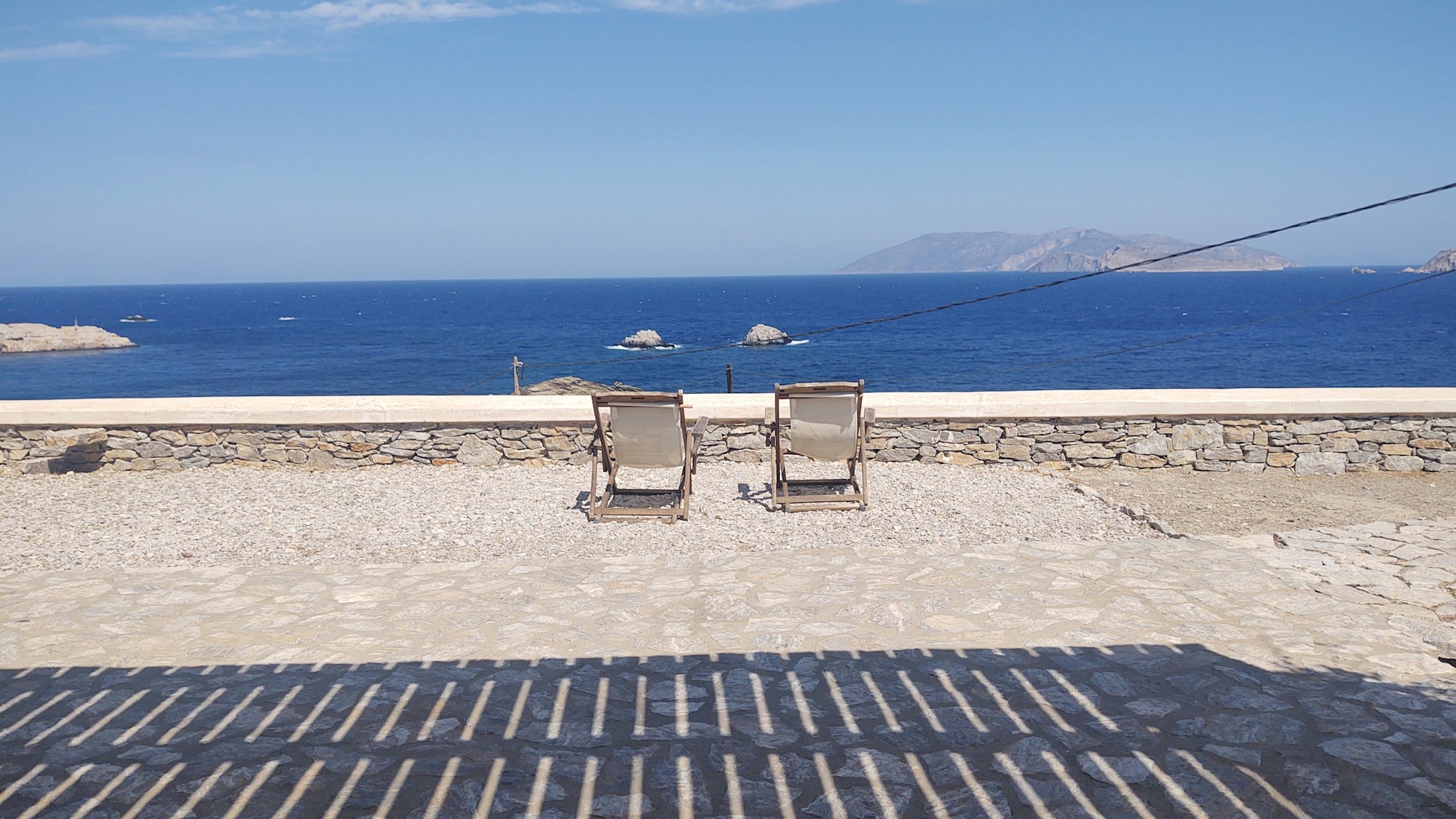Exploring Folegandros: History, Customs, and Festivals Guide
Uncover Folegandros: A guide to history, customs, and vibrant festivals on this enchanting Greek island. Explore its rich heritage!

Exploring Folegandros: History, Customs, and Festivals Guide
Folegandros, a serene island in the Cyclades, Greece, is known for its charming, unspoiled beauty, a contrast to the bustling tourist hotspots of Mykonos and Santorini. This travel guide delves into the island's rich history, unique customs, vibrant festivals, and offers tips for an immersive cultural experience.
Historical Context
Folegandros has a storied past that dates back to ancient times. According to Greek mythology, the island was named after Folegandros, the son of Minos, the king of Crete. The island’s strategic location in the Aegean Sea made it a significant cultural and trade center over various historical periods. Evidence of early Cycladic civilization dating back to 3000 BCE has been found here.
The island fell under the influence of various empires, including the Romans, Byzantines, Venetians, and Ottomans. Each left its mark, resulting in a rich tapestry of cultural and architectural influences. The majestic Kastro (Castle) district in the Chora (main town) exemplifies Venetian architecture, built to protect inhabitants from pirate attacks.
Unique Customs and Cultural Practices
Folegandros is a quintessentially Greek island where traditions are deeply woven into the fabric of daily life. The local customs are steeped in Orthodox Christian beliefs, with many practices revolving around religious observances and festivities.
- Panigiri (Feast Days): These feasts, often held in honor of patron saints, are characterized by communal dining, dancing, and music. They provide a vibrant window into the island’s social fabric.
- Traditional Music: The islanders often play folk music using instruments like the lyra (a three-stringed instrument) and the laouto (a long-necked lute). Traditional songs and dances are an integral part of social gatherings.
- Local Cuisine: Folegandros's culinary practices are reflective of its history and geography. Local dishes include “matsata” (homemade pasta with rich sauces), fresh seafood, and “souvlaki” (skewered meat). The island’s raki and local honey are also exquisite.
Festivals
Folegandros hosts several festivals that blend religious solemnity with joyous celebration, providing visitors with an immersive cultural experience.
Easter Celebrations
Easter is the most significant religious festival in Greece, and Folegandros is no exception. The Holy Week is marked by solemn rituals, culminating in a grand celebration on Easter Sunday. Villages are decorated, and locals partake in traditional feasts featuring “magiritsa” (a lamb soup) and “tsoureki” (a sweet, braided bread).
The Feast of the Assumption (Panagia)
Celebrated on August 15th, this festival honors the Virgin Mary, the patroness of the island. A grand procession carries the icon of the Virgin Mary from the church of Panagia across the island. The festivities include communal feasting, traditional dancing, and music.
Karavostasi Fisherman’s Festival
Held in July, this festival celebrates the island’s maritime heritage. Activities include boat races, net-making demonstrations, and seafood feasts. The event ends with a bonfire on the beach, where locals and visitors come together for dancing and merrymaking.
Interesting Facts and Local Anecdotes
- Chora’s Cobbled Streets: The Chora is famed for its labyrinthine cobbled streets, designed to confuse pirates. Today, wandering these charming streets, filled with whitewashed houses and bougainvillea, is a delight for visitors.
- The Church of Panagia: Situated on a hill above the Chora, this church offers stunning panoramic views of the island and the Aegean Sea. According to legend, the church’s icon was found in the sea and has miraculous powers.
- Zoe’s Bar: A beloved local watering hole with a history, this bar in the Chora has been serving patrons since the 1970s. Locals say it’s haunted by Zoe, the bar’s namesake ghost, adding a touch of mystery to your evening drink.
Getting There and Around
Folegandros can be reached by ferry from Athens or neighboring Cycladic islands such as Santorini and Milos. The island is small, and the best way to explore is on foot, by scooter, or via the local bus service that connects Chora with other villages and beaches.
